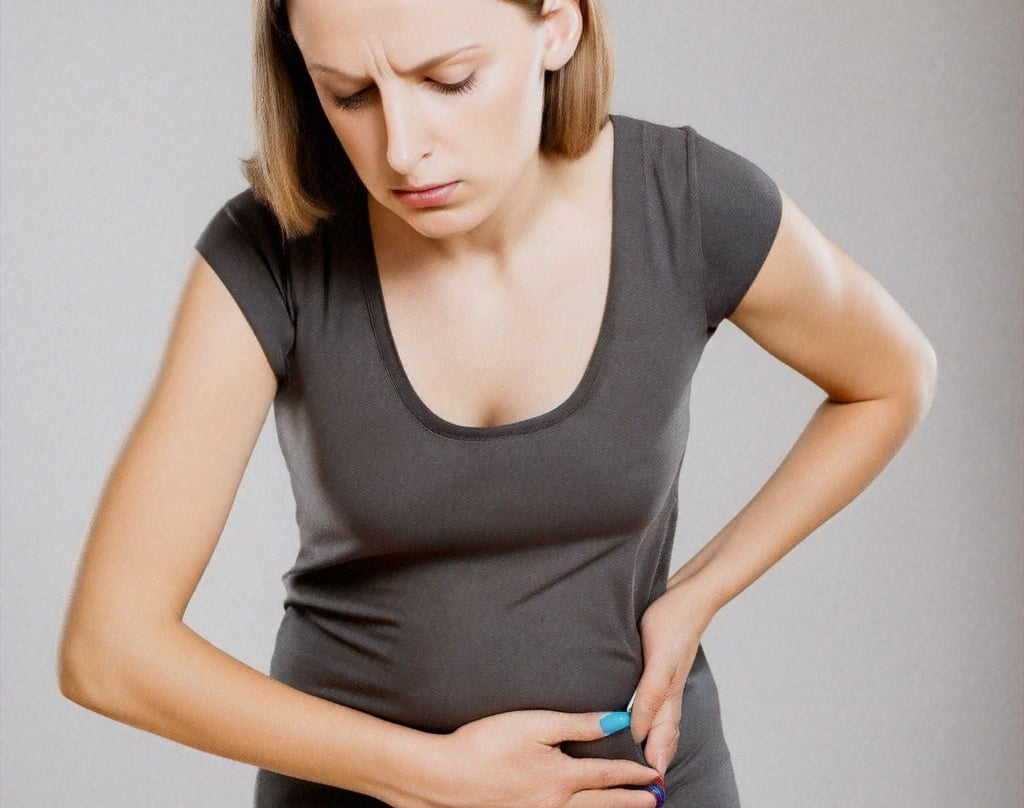Chronic Kidney Disease: Early Detection, Treatment, and Diet Tips
Learn about chronic kidney disease, its stages, and symptoms. Get tips on early detection, treatment, and kidney-friendly diets to protect your renal health.
HEALTH AND FITNESS


Chronic Kidney Disease (CKD) is a silent and progressive condition that affects millions globally, often without noticeable symptoms until it reaches advanced stages. As kidneys gradually lose their ability to filter waste from the blood, managing CKD becomes crucial to prevent further complications and preserve quality of life. Understanding the early signs, treatment options, and dietary adjustments can play a significant role in managing this condition effectively. This article will guide you through the essentials of CKD, offering practical tips for early detection, treatment strategies, and diet recommendations to help you maintain optimal kidney health.
What Is Chronic Kidney Disease?
Chronic Kidney Disease is a long-term condition where the kidneys progressively lose their function over time. The kidneys are vital organs that filter waste products and excess fluids from the blood, regulate blood pressure, and maintain electrolyte balance. When CKD occurs, these functions are impaired, leading to a buildup of toxins in the body and potential disruptions in other bodily systems.
Stages of CKD
CKD is categorized into five stages, based on the severity of kidney function impairment:
Stage 1: Kidney function is mildly impaired (eGFR ≥ 90 mL/min/1.73 m²). No noticeable symptoms are present.
Stage 2: Mildly decreased kidney function (eGFR 60-89 mL/min/1.73 m²). Kidney damage is present, but symptoms may still be minimal.
Stage 3: Moderately decreased kidney function (eGFR 30-59 mL/min/1.73 m²). Symptoms such as fatigue and fluid retention may begin to appear.
Stage 4: Severely decreased kidney function (eGFR 15-29 mL/min/1.73 m²). More significant symptoms and complications arise, requiring advanced management.
Stage 5: End-stage kidney failure (eGFR < 15 mL/min/1.73 m²). Kidneys are no longer able to function adequately, and dialysis or kidney transplant may be needed.
Early Detection of CKD
Early detection is crucial for managing CKD and preventing its progression. Regular screening and awareness of risk factors can help identify CKD in its initial stages. Key steps for early detection include:
1. Regular Screening
Blood Tests: Routine blood tests can measure levels of creatinine and urea, which help assess kidney function. An elevated creatinine level may indicate impaired kidney function.
Urine Tests: Urinalysis can detect the presence of protein or blood in the urine, both of which are signs of kidney damage.
2. Monitor Risk Factors
Diabetes: High blood sugar levels can damage kidney tissues over time. Regular monitoring and tight blood sugar control are essential.
Hypertension: High blood pressure can accelerate kidney damage. Regular blood pressure checks and management are important.
Family History: A family history of kidney disease increases the risk of developing CKD. Inform your healthcare provider about any family history of kidney issues.
3. Early Symptoms
Fatigue: Persistent tiredness or weakness can be an early sign of kidney problems.
Swelling: Fluid retention in the hands, feet, or face may indicate kidney dysfunction.
Changes in Urination: Increased or decreased frequency, or the presence of blood in urine, can be early warning signs.
Treatment Options for CKD
Managing CKD effectively involves addressing the underlying causes, slowing disease progression, and controlling symptoms. Treatment strategies include:
1. Medical Management
Medications: Medications may be prescribed to control blood pressure, manage diabetes, and reduce proteinuria (excess protein in urine). Common medications include ACE inhibitors, ARBs, and diuretics.
Blood Pressure Control: Keeping blood pressure within the recommended range (usually below 130/80 mmHg) helps protect kidney function.
2. Lifestyle Modifications
Dietary Changes: A kidney-friendly diet is crucial for managing CKD. Reduce sodium, potassium, and phosphorus intake, and focus on consuming high-quality proteins.
Weight Management: Maintaining a healthy weight through balanced diet and regular exercise helps reduce the burden on the kidneys.
3. Dialysis and Kidney Transplant
Dialysis: For advanced CKD (Stage 5), dialysis may be required to perform the kidneys’ filtering function. There are two types of dialysis: hemodialysis and peritoneal dialysis.
Kidney Transplant: A kidney transplant may be considered for eligible patients with end-stage kidney failure. This involves replacing the damaged kidneys with a healthy donor kidney.
Diet Tips for Managing CKD
Diet plays a critical role in managing CKD and supporting kidney function. Here are some dietary tips to help you maintain kidney health:
1. Limit Sodium Intake
Reduce Salt: Excess sodium can lead to high blood pressure and fluid retention. Avoid adding salt to meals and limit processed and canned foods, which are often high in sodium.
2. Control Potassium and Phosphorus Levels
Potassium: High potassium levels can be harmful to the heart. Limit foods high in potassium, such as bananas, oranges, and potatoes.
Phosphorus: Elevated phosphorus levels can weaken bones. Avoid high-phosphorus foods like dairy products and certain types of meat.
3. Choose High-Quality Proteins
Lean Proteins: Opt for lean sources of protein, such as chicken, fish, and eggs, and avoid excessive protein intake, which can strain the kidneys.
4. Stay Hydrated
Water Intake: Maintain adequate hydration, but consult with your healthcare provider about the appropriate amount of fluids for your condition, especially if you have fluid retention.
Quiz: Test Your Knowledge on CKD
Which test measures the levels of creatinine to assess kidney function?
A) Urinalysis
B) Blood Glucose Test
C) Blood Creatinine Test
What is a common symptom of CKD related to fluid retention?
A) Increased Thirst
B) Swelling in Hands and Feet
C) Frequent Urination
Which dietary change is recommended for managing CKD?
A) Increase Sodium Intake
B) Reduce Potassium Intake
C) Consume High-Phosphorus Foods
What is a common treatment option for Stage 5 CKD?
A) Oral Medications
B) Dialysis
C) Lifestyle Changes
Which of the following is a risk factor for CKD?
A) Low Blood Pressure
B) Diabetes
C) High Physical Activity
Authority and Credibility
The information in this article is based on guidelines and recommendations from reputable sources such as the National Kidney Foundation and the American Kidney Fund. These organizations provide comprehensive resources and evidence-based advice for managing CKD and maintaining kidney health. For personalized medical advice and treatment plans, always consult with a healthcare provider.
Conclusion: Empowering Your Kidney Health
Effective management of Chronic Kidney Disease involves early detection, appropriate treatment, and careful attention to dietary choices. By understanding the types of CKD, recognizing early symptoms, and following recommended treatment and dietary guidelines, you can significantly improve your quality of life and slow disease progression. Stay proactive, make informed choices, and take charge of your kidney health.
Quiz Answers
C) Blood Creatinine Test
B) Swelling in Hands and Feet
B) Reduce Potassium Intake
B) Dialysis
B) Diabetes
Managing CKD is a continuous process that requires dedication and informed decision-making. By staying informed and following a comprehensive management plan, you can maintain optimal kidney function and enjoy a healthier life.
